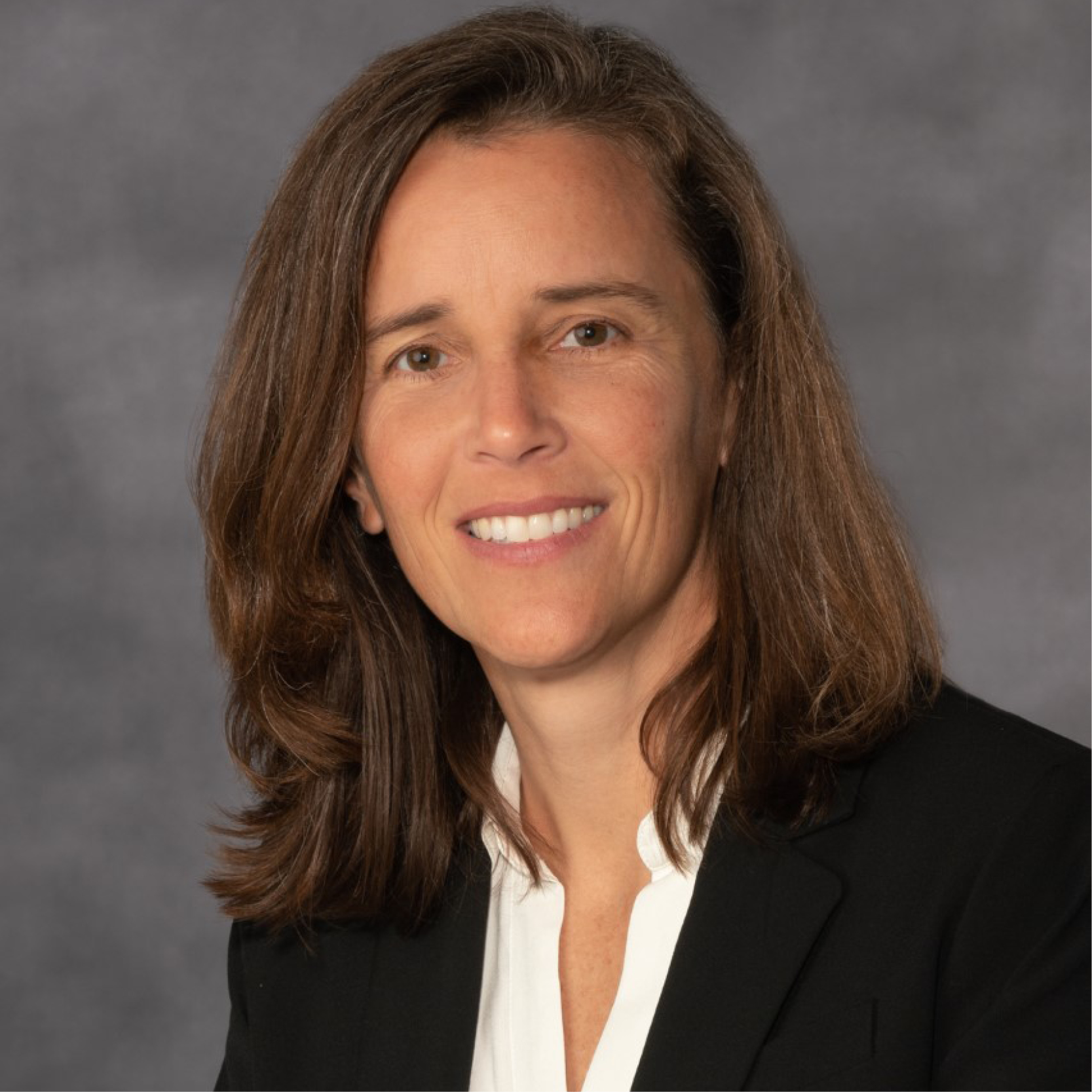Dean Jennifer Malat begins leadership of UNM’s largest academic unit
Posted: August 18, 2023
By Irene Gray
 The beginning of a new academic year is always filled with excitement at the prospect of new opportunities, but at the College of Arts & Sciences, this is even more true this year as they welcome their 17th dean, Jennifer Malat, on August 21.
The beginning of a new academic year is always filled with excitement at the prospect of new opportunities, but at the College of Arts & Sciences, this is even more true this year as they welcome their 17th dean, Jennifer Malat, on August 21.
Malat was drawn to UNM because of its status as a Hispanic-Serving Institution (HSI) whose strong commitment to its public service mission has made it, and the College of Arts & Sciences, leaders in research, education, and community service.
Malat comes to UNM from Virginia Commonwealth University (VCU) where she was most recently Associate Vice President of Development. Prior to this, she was Dean of the College of Humanities and Sciences at VCU and was the inaugural Divisional Dean for the Social Sciences in the College of Arts and Sciences at the University of Cincinnati.
During her time as dean of the College of Humanities and Sciences at VCU, Malat shepherded the College through the first two years of the pandemic. As dean, she also prioritized improved equity for faculty, students, and staff in the College.
This effort resulted in a 17% increase in Black faculty and a 21% increase in Latinx faculty. She also worked collaboratively to develop new programs in support of inclusive learning for first generation, Black, and Latinx students. Professional development for staff was also prioritized, with the implementation of a professional development fund that was created in cooperation with the staff council.
At both VCU and the University of Cincinnati, Malat supported faculty’s interdisciplinary research by developing internal funding opportunities to support their projects. These efforts not only introduced students to interdisciplinary research but also inspired new institutes and schools along the way.
Malat has dedicated her career to diversity and inclusion through her own research and teaching, and through her leadership by increasing the diversity of faculty and college leadership, ensuring fostering interdisciplinary approaches to inclusive education, and promoting community engagement. This expertise and experience will be integral to her leadership of the largest academic unit at UNM.
“As a dean, I consider how the history of universities as well as our current context influence the daily experiences of the people in our community. And then, I lead with the future in mind. I hope that my leadership opens doors for new practices that allow our entire community to flourish,” Malat says.
When asked what excites her about the opportunity to lead a college as large as the College of Arts & Sciences, she says, “The College of Arts & Sciences is the heart of the University, which gives it a special place in the state as well. Our broad range of disciplines produce important scientific discoveries, insights into the human experience, and solutions to local and global problems. I’m enthusiastic about working together to identify and implement strategies to advance our many disciplines, the College, the University of New Mexico, and the communities we serve.”
This desire to connect will shape the course of Malat’s first 90 days in her position, as she prepares to dedicate her time to meeting with the College’s 24 departments and schools, 26 academic and research programs, four museums, and the faculty, staff, students, and alumni who work to advance the College’s mission.
These introductions will help form the foundation for Malat’s goals going forward, as the College prepares to create a plan in alignment with the University’s strategic framework, UNM 2040: Opportunity Defined. For Malat, the College’s success is measured by the success of its faculty, staff, and students.
Malat’s proudest professional successes have come out of collaboration. One impactful example comes from The Cincinnati Project, which she co-founded and co-directed with the mission of connecting researchers to organizations that serve marginalized communities in order to conduct research with a direct community benefit.
A significant program that came from this effort was The Cincinnati Project’s mobile exhibit titled, What Is and What Can Be: Women of Color and the Struggle for Justice in Cincinnati.
Malat explains, “We were able to support community women’s ideas by bringing together women from across Cincinnati and professors and students to create a public-facing, mobile exhibit that combined women’s voices with research and scholarship conducted at the University of Cincinnati.”
The collaboration resulted in various pieces of work that amplified the experiences of women and women of color. From small books describing research, to quotes text, to recordings of oral histories, this important project was displayed in six sites throughout the city. The project also hosted programs, lectures, workshops, and panel discussions to provide additional education and discussions around the research.
This belief in the power of supportive communities to empower future leaders from all backgrounds is at the forefront of her leadership philosophy, as Malat says, “One of my professional goals is to foster environments that reflect the diversity of our communities and that are inclusive of everyone. In doing so, I hope that one of my legacies will be more diverse graduates and leaders who succeed in organizations that integrate their identities and cultures.”
